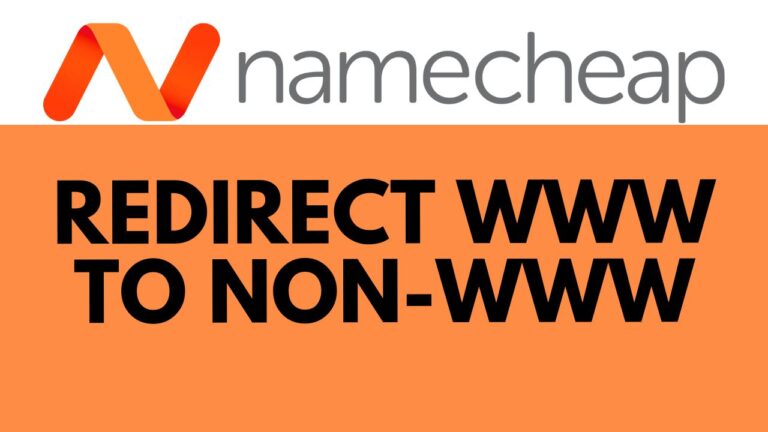Bluehost vs Namecheap (2024): My Experience After Using Both Hosting Services
Choosing the right web hosting service is crucial for any website owner or blogger. After trying out both Bluehost and Namecheap, I have gained valuable insights into what each platform offers. In this post, I will share my experiences, highlighting the pros and cons of both Bluehost and Namecheap.
Starting with Bluehost, I was initially impressed by its seamless integration with WordPress. The platform welcomed me with a series of questions that streamlined the process of launching my WordPress site. Moreover, the backup and restoration features were user-friendly, and migrating my WordPress site was hassle-free thanks to their official plugin.
However, despite its reputation and relatively higher prices, Bluehost’s loading speed turned out to be only average. Additionally, while their live chat support is available 24/7, I found the agents to be less-trained and sometimes pushy with upselling tactics, which could be frustrating for users.
On the other hand, Namecheap surprised me with its prompt customer service. Whenever I reached out for assistance, they were quick to respond and demonstrated excellent knowledge and responsiveness throughout our conversations. The backup system provided by Namecheap was straightforward to use, adding a layer of security to my website.
Nevertheless, similar to Bluehost, Namecheap’s WordPress loading speed fell short of expectations. Furthermore, while their website builder is user-friendly, it is limited in its capabilities and can only create basic websites. One notable downside of Namecheap is the absence of an official plugin for WordPress migration, which could make the process more challenging for users.
In conclusion, both Bluehost and Namecheap have their strengths and weaknesses. Bluehost offers seamless WordPress integration and easy backup options but falls short in terms of loading speed and sometimes lacks knowledgeable support. Namecheap, on the other hand, impresses with its responsive customer service and straightforward backup system, but its WordPress loading speed and website builder capabilities are average.
If you’re considering either Bluehost or Namecheap for your hosting needs, it’s essential to weigh these factors based on your specific requirements and priorities. Remember, choosing the right hosting provider is crucial for the success and performance of your website.
If you found this comparison helpful and would like to support my work, you can use my Hostinger or Namecheap affiliate link provided in the description. Stay tuned for more insights and tips on navigating the world of web hosting.






